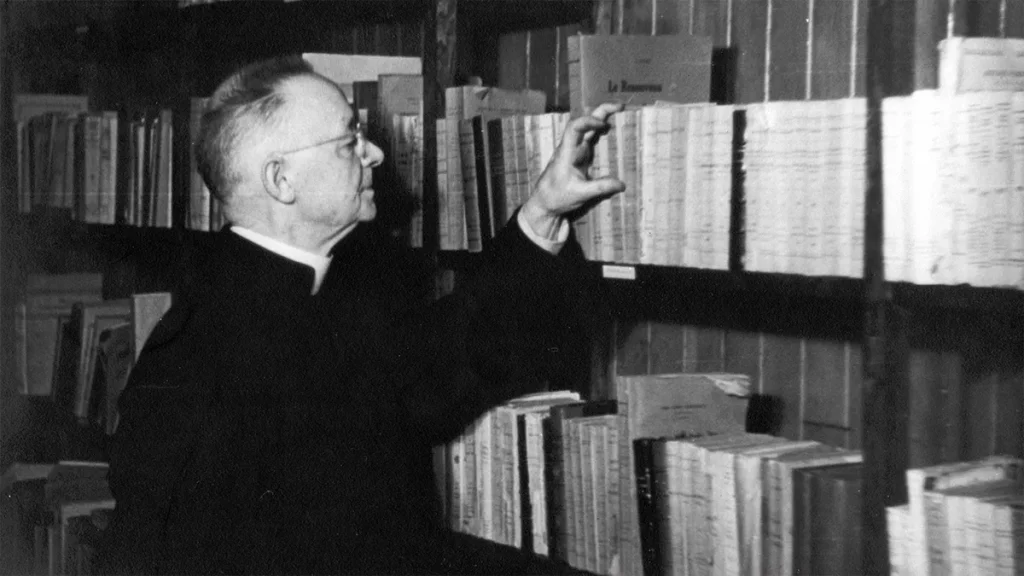Quebec institutions debate pulling Groulx’s name from public places
Late historian’s views threaten legacy
- National Post (National Edition)
- 12 Dec 2024
- MORGAN LOWRIE
• In 2020, Montreal activists yanked down and decapitated a statue of Canada’s first prime minister, in protest of Sir John A. Macdonald’s role as the architect of the residential school system.
Now, another largerthan-life historical figure is coming under scrutiny, as Quebec municipalities and institutions are mulling whether to pull the name of priest and historian Lionel Groulx from public places over views described as antisemitic and racist.
Earlier this year, a Quebec-based history organization that Groulx founded in 1946 decided to remove his name from its prestigious annual prize, following a consultation with its members in which about 60 per cent advocated for the change.
“Today, with the recognition of diversity and the necessary reversal of perspectives towards colonialism in Quebec, the name of Groulx can hardly act as a unifier,” read a line in the 24-page document released by the Institut d’histoire de l’Amerique française.
Thomas Wien, the institute’s president, said in an interview that Groulx was someone who was “eminently complex, and eminently fascinating.”
Groulx was born in 1878 near Montreal. He was a historian who helped professionalize the field, an intellectual and a Quebec nationalist figure who inspired pride. Born of modest means, he went on to become a priest, writer and thinker who penned the slogan “maitres chez nous” (“masters in our own house”) that later became a rallying cry of the Quiet Revolution in the 1960s.
However, he was also a conservative nationalist whose views were “tinted by racism and antisemitism,” including a belief that French-Canadian Catholics were a “chosen people” guided by divine providence, Wien said.
While the comparisons are inevitable, Wien maintains that Groulx and Macdonald have little in
WHAT WAS RECOGNIZED WITH THIS PRIZE WAS … THE PIONEER OF A DISCIPLINE.
common. While Canada’s first prime minister was a direct architect in the forced removal of Indigenous Peoples from their land and other atrocities, he said, Groulx was a historian whose legacy is more complex.
However, he noted that Groulx was a figure of controversy and criticism even when alive, suggesting he was not merely a product of his time whose views are being unfairly reinterpreted through a modern lens.
Renaming the prize, Wien said, doesn’t amount to denying history or “killing the father,” but rather an acknowledgment that his legacy is better kept alive in more nuanced forms, including a forthcoming page on the institute’s website.
Other historians disagree. “I can understand why English-Canadian historians have renamed the John A. Macdonald Prize,” wrote Eric Bedard, a historian who has studied Groulx. “It is difficult for me to explain that Quebec historians are imitating them for Lionel Groulx, since what was recognized with this prize was not his religious, social or political ideas, but the pioneer of a discipline.”
Of the 20 or so Quebec municipalities that are recorded as having places named after Groulx, only two — Gatineau in western Quebec and Ste-Julie, on Montreal’s South Shore — indicated that they intend to broach the subject of a possible renaming.

